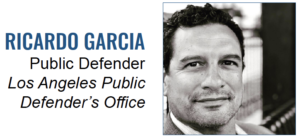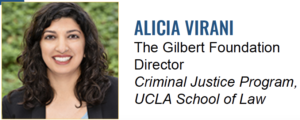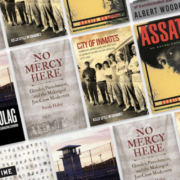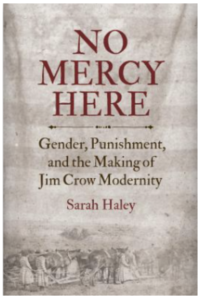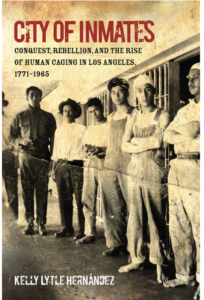“Trash Talk: Anti-Obama Lore and Race in the Twenty-First Century” explores the rumors, legends, and conspiracy theories surrounding Barack Obama since his initial run for President in 2004, and continuing to present day. We spoke with author and professor Patricia A. Turner (Departments of African American Studies, and World Arts and Culture/Dance) who discusses how these rumors, legends, and lore often focus on identity by attacking Barack Obama’s faith, patriotism, sexual orientation, and citizenship, and speaks to the impact of such attacks on the political and sociological landscape both now and throughout history.
0:04 – Intro
0:46 – Main argument and contribution of the book
1:38 – Description of Anti-Obama lore
4:18 – Did you think Obama’s presidency would constitute a post-racial America?
6:32 – Why should this folklore be taken into account?
8:06 – Why is this a critical book to read and/or assign?
Dept. African American Studies – https://afam.ucla.edu
Dept. of World Arts and Culture/Dance – https://www.wacd.ucla.edu
Arthur Ashe Legacy Program – https://arthurashe.ucla.edu
Interviewer: Dr. Celia Lacayo, Associate Director of Community Engagement, UCLA Social Sciences & Professor Chicana/o & Central American Studies and African American Studies Department
Subscribe to our YouTube channel: https://www.youtube.com/channel/UCGvpkOpiOGU4f5lSwRygbqg?sub_confirmation=1
Subscribe to LA Social Science and be the first to learn more insight and knowledge from UCLA’s Division of Social Sciences experts and other faculty.

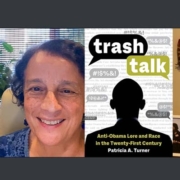
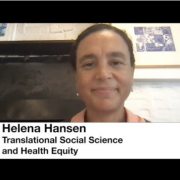

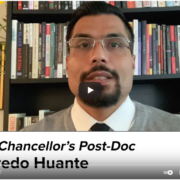
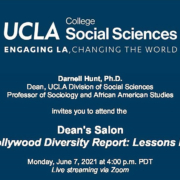

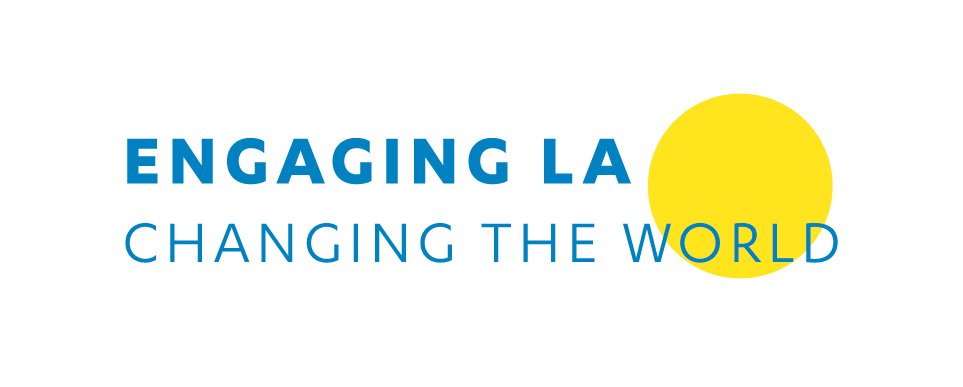
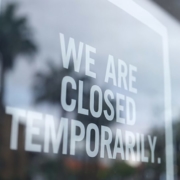
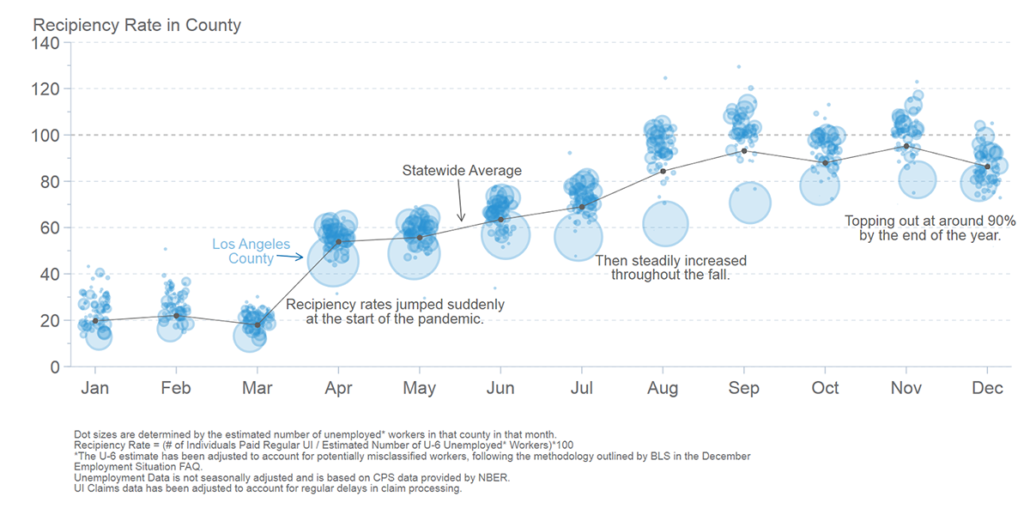
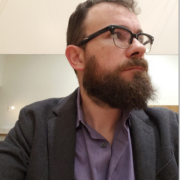
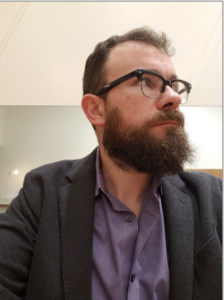

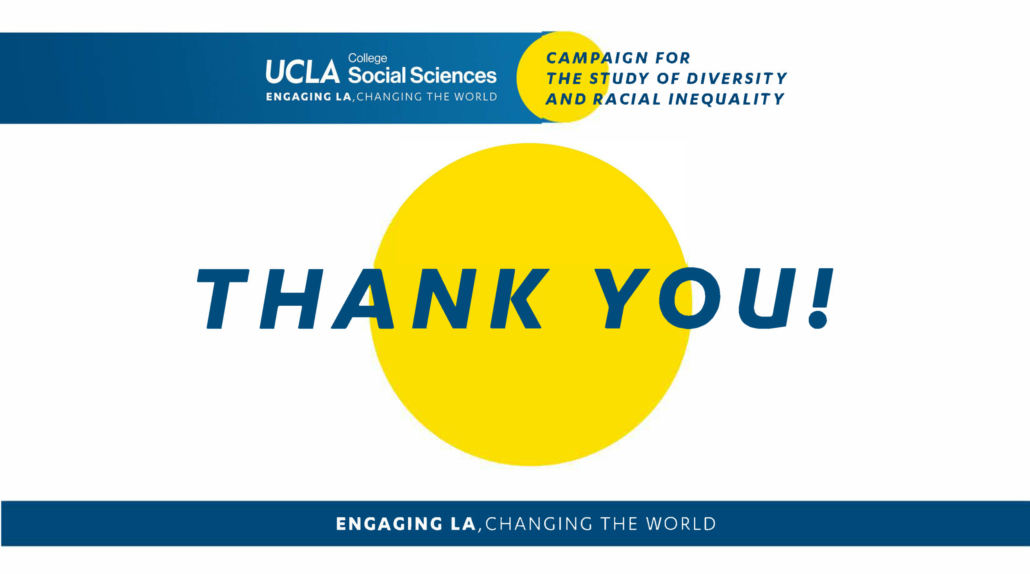
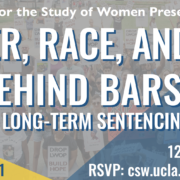
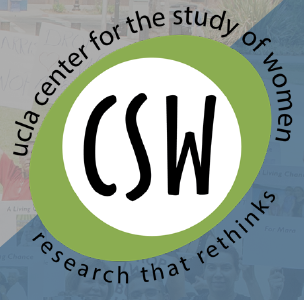
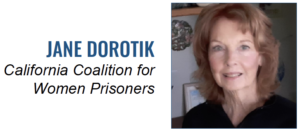
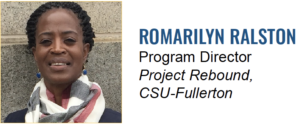 Romarilyn Ralston was incarcerated for 23 years, and is now the Program Director of Project Rebound at the California State University-Fullerton. Both are organizers with California Coalition for Women Prisoners (CCWP).
Romarilyn Ralston was incarcerated for 23 years, and is now the Program Director of Project Rebound at the California State University-Fullerton. Both are organizers with California Coalition for Women Prisoners (CCWP).